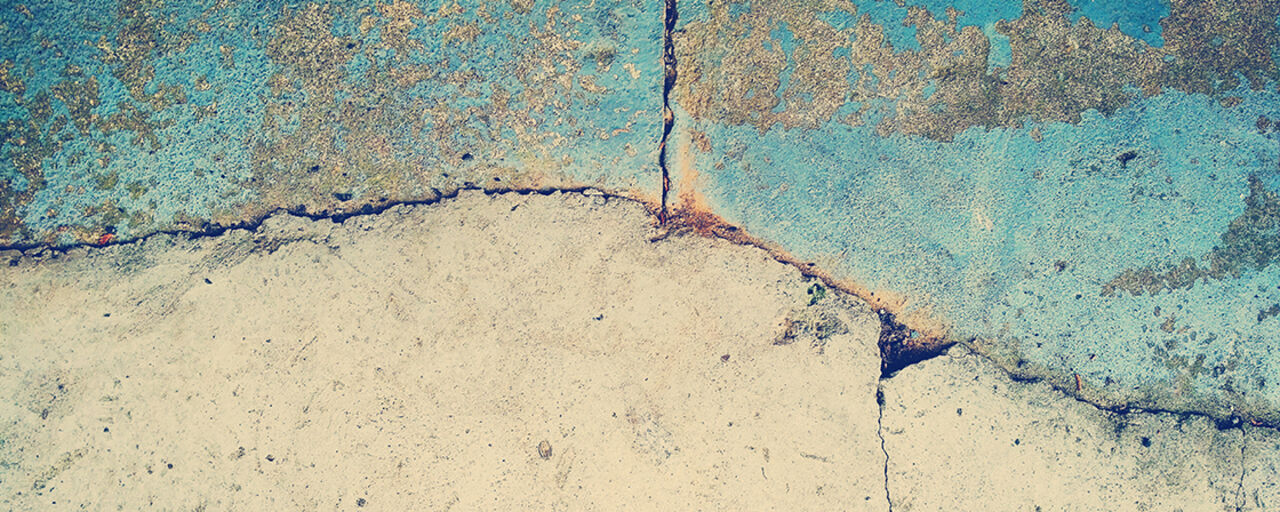How do care seekers describe their experiences of living with second-degree perineal injuries and how do care providers describe their experiences of working with the same? Which attitudes are expressed, and which norms are enacted in their stories? Taking our vantage point in answers to these questions this project examines how care practices can be improved.
Perineal injuries have far-reaching effects on physical and mental quality of life. While second-degree injuries (perineal and vaginal ruptures that need suturing) are estimated to affect 78 % of women giving birth in Sweden. While care-seekers and care-providers alike underscore the need for research on professionals’ attitudes and patients’ experiences, qualitative research on such injuries is still limited.
Making different perspectives matter
This project demonstrates how care-seekers’ and care-providers’ experiences and attitudes come to matter in care for perineal injuries. It aims to investigate care-seekers’ and care-providers’ experiences of and attitudes towards second-degree perineal injuries and how they shape, and are shaped by, information, treatment, and care encounters. Further, it aims to demonstrate how such attitudes and experiences can be unpacked and problematized to improve care.
The role of medical humanities and social sciences in the making of equal care
With a qualitative design and by using theoretical tools from sociology of health and illness, gender studies, and medical humanities the project examines in-depth interviews with care-seekers and care-providers; guidelines and educational materials; and workshops with collaborative partners and policymakers. It responds thus to the previously identified need for qualitative studies on experiences of perineal injuries and how to learn from those experiences in care. Specifically, it demonstrates how differences in perspectives can be made visible and dialogues across disciplinary and professional boundaries can be facilitated in order to make care more attentive to care-seekers’ experiences. In analysing the medical and social contexts in which experiences of and care for perineal injuries are situated, the project also furnishes discussions of the role of medical humanities and social sciences in the making of equal care. Results are put to use through a digital info-kit targeting care-seekers, care-providers, and the public.
Funder: Forte
Project duration: 2021 - 2023

